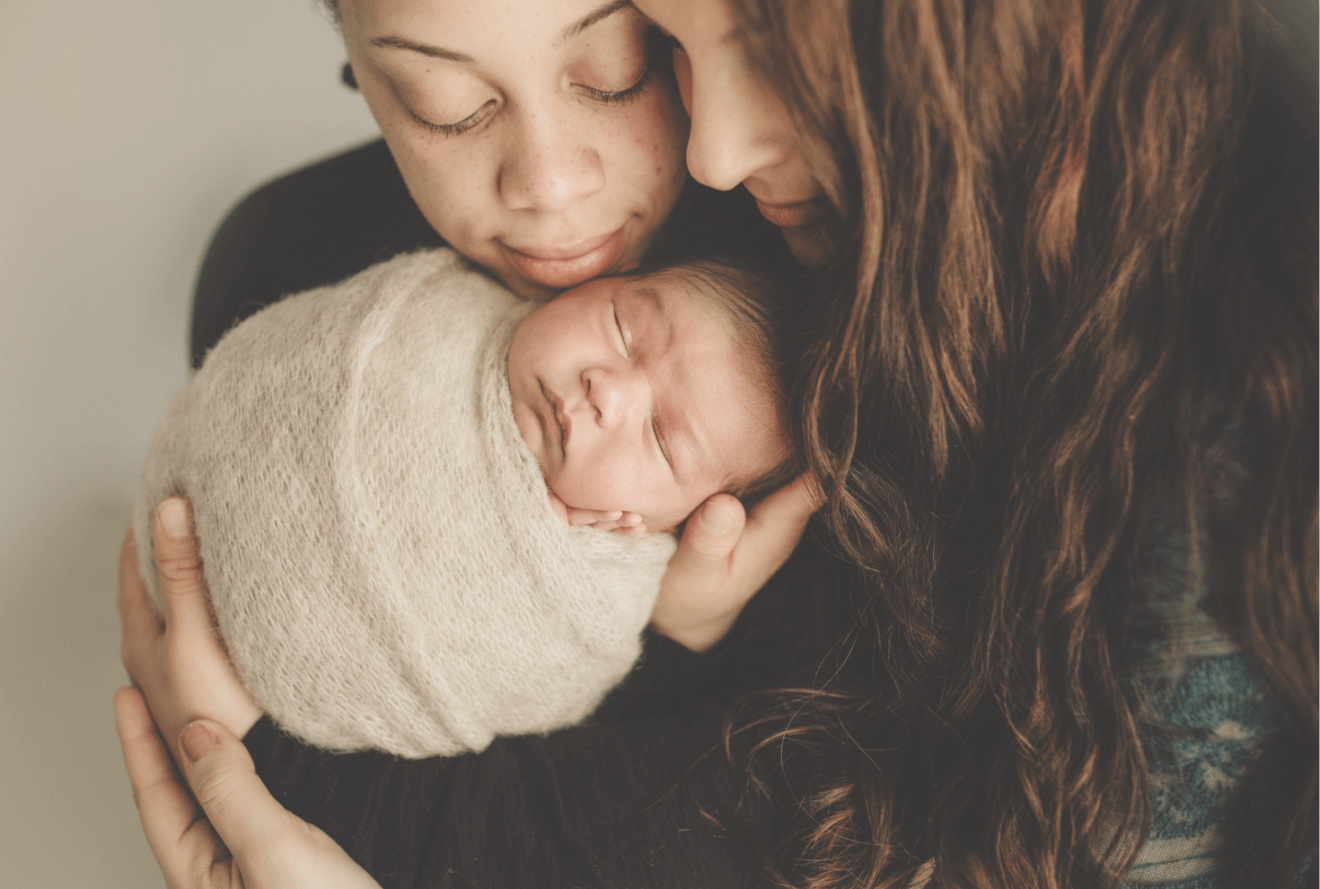Finding the Perfect Awake Time/Sleep Schedule For Your Baby
Sleep is a crucial component of your baby’s overall well-being, and establishing a consistent sleep schedule can be a game-changer for both parents and little ones. Understanding the intricacies of baby sleep patterns is key to ensuring that your baby gets the right amount of rest. In this blog post, we’ll delve into the essential details and requirements for developing an effective sleep schedule with your baby and share tips on how to navigate the challenges of early wake-ups and nap schedules.

The Magic Numbers: 12-13 Hours of Daytime Sleep and 11-12 Hours of Nighttime Sleep
Understanding how much “daytime hours” and “night time” hours your baby needs is key to get them sleeping more consistently. On average, they need 12-13 hours of daytime sleep, including naps, and 11-12 hours of nighttime sleep, including feeds. Understanding these magic numbers is the first step in creating a well-rounded sleep schedule or routine for your little one. This applies to newborns all the way up to preschool aged children.
For example, if your child wakes at 7 am for the day, and you try to put them down at 6 pm for the night; that is only 11 hours of daytime. Even though your child may appear tired, they may also have a difficult time settling for the night at 6 pm. A bedtime between 7-8 pm might be more appropriate.
Early Bedtime Woes: Waking Up Between 5:30-6:30 AM
It’s not uncommon for babies who go to bed at 6:30 PM to wake up between 5:30-6:30 AM. While this might seem early, it’s perfectly normal in the baby sleep world. However, if you’re looking for a more manageable wake-up time, there’s a secret that can help you adjust your baby’s sleep schedule, pushing bedtime later.
A Secret Weapon for Your Baby's Sleep Schedule: Napping on the Go
To reset your baby’s sleep schedule, consider a routine of incorporating on-the-go napping for a few days. Allowing your baby to nap safely during outings can help extend those naps and, in turn, enable a later bedtime. This gradual adjustment can be a game-changer in getting your baby’s bedtime’s falling a little later.
Beware of Overtiredness: The Downfall of Overextended Wake Times
Something that can happen when you are figuring out your baby’s ideal schedule is accidentally overextending your baby’s wake times. An overtired baby may end up waking up even earlier, disrupting the carefully crafted sleep schedule. It’s crucial to find the right balance and avoid pushing your baby beyond their sleep limits.
The Puzzle Piece of A Consistent Sleep Schedule: Getting Bedtime on Track for Improved Naps
Balancing daytime and nighttime sleep is a delicate puzzle, and getting bedtime on track is a crucial piece. Adjusting bedtime can positively influence daytime naps, creating a more harmonious sleep schedule for your baby.


In Conclusion
Navigating the world of your baby’s sleep schedule can be challenging, but understanding the key components of a healthy sleep schedule is a great place to start. Whether you’re dealing with early wake-ups or struggling with nap times, implementing these tips can make a significant difference.
If you find yourself in need of personalized assistance, our team of experienced nurses is ready to help assess your baby’s sleep needs. All of our sleep programs are based on assessment and we can help you find the nurse nearest you. Just click HERE. I also have some funny videos about sleep on my TikTok, so be sure to follow me.
As always, I am sending you so much love and support. You are exactly what your baby needs, even on days it doesn’t feel like it.








